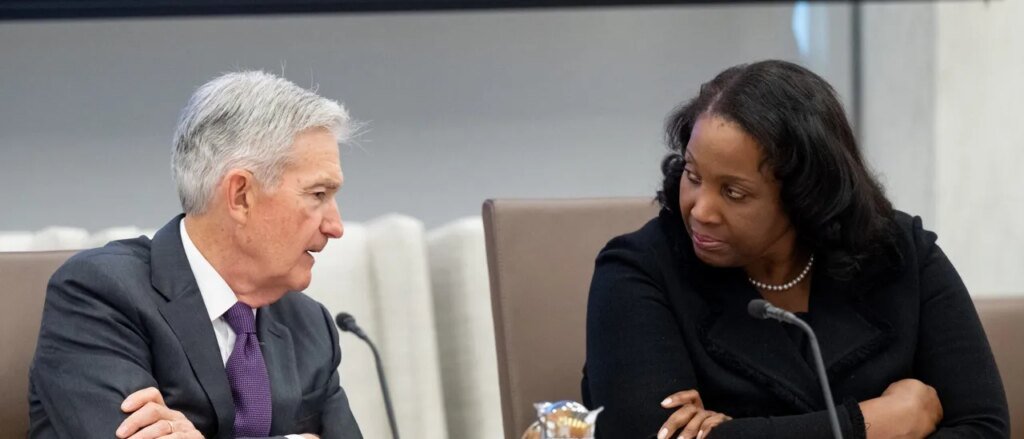How independent is the Federal Reserve? Recently, former Texas Senators Phil Gramm and Jeb Hensarling discussed this topic concerning monetary policy. At first glance, they make a strong case for the Fed’s independence from the government, but it seems their arguments fall short upon closer inspection.
Gramm and Hensarling point out that Article I of the Constitution empowers Congress to create money and regulate its value. They argue that by forming the Federal Reserve, Congress effectively delegated this power. So, they claim that the Fed operates independently of executive authority due to its somewhat vaguely defined monetary policies.
However, the implication here is that the Fed isn’t entirely independent from Congress regarding its monetary policy, which raises concerns since Congressional influence on monetary policy seems, well, somewhat unclear, aside from the laws in place.
The conversation about federal and administrative bodies becomes more complex when you consider that relevant laws play a direct role in appointing the chairman and other board members. Clearly, the Fed is part of the administrative structure. If the president—upon Senate confirmation—chooses someone to oversee an agency that’s part of the U.S. government, this suggests it belongs within that administrative framework.
Gramm and Hensarling try to separate the Fed’s monetary policy from its regulatory activities, which they argue fit neatly into the enforcement sector. But the truth is, the regulatory activities stem from Congressional authority, which is, as per the Constitution, where the Fed derives its powers.
This raises the question: Is there really a significant difference between the Monetary Policy powers assigned to the Fed by Congress and its regulatory functions? If one operates under the executive branch, why not the other? While their arguments for maintaining separation in monetary policy are appreciated, they seem a bit shaky.
I generally support the idea of the Fed’s independence, but considering the enormous influence the federal government has on monetary policy—and by extension, the economy—it feels like Congress and the president should maintain a close watch on the Fed’s actions.
The Fed’s independence is indeed scrutinized in various ways. Notably, the president ultimately appoints the chair and vice-chair, along with four other board members, all of whom require Senate confirmation. Moreover, the Federal Reserve and its Vice-Chair for Oversight must regularly appear before both the House and Senate to discuss the economy and report on the Fed’s performance. External audits and oversight from internal inspectors also play a role in monitoring the Fed.
Financial markets and economic trends serve as powerful checks on the Fed’s independence, usually tolerating minor mistakes but becoming agitated with significant errors.
The Fed must align with one of the branches of government; the judiciary is out of the picture. Since Congress established the Fed, it fulfills its duties as part of the administrative branch. Alternatively, one could argue that the Fed fits into the legislative sector, which isn’t necessarily an alarming idea. Just imagine if Bernie Sanders were the Shadow Fed Chair—yikes!







